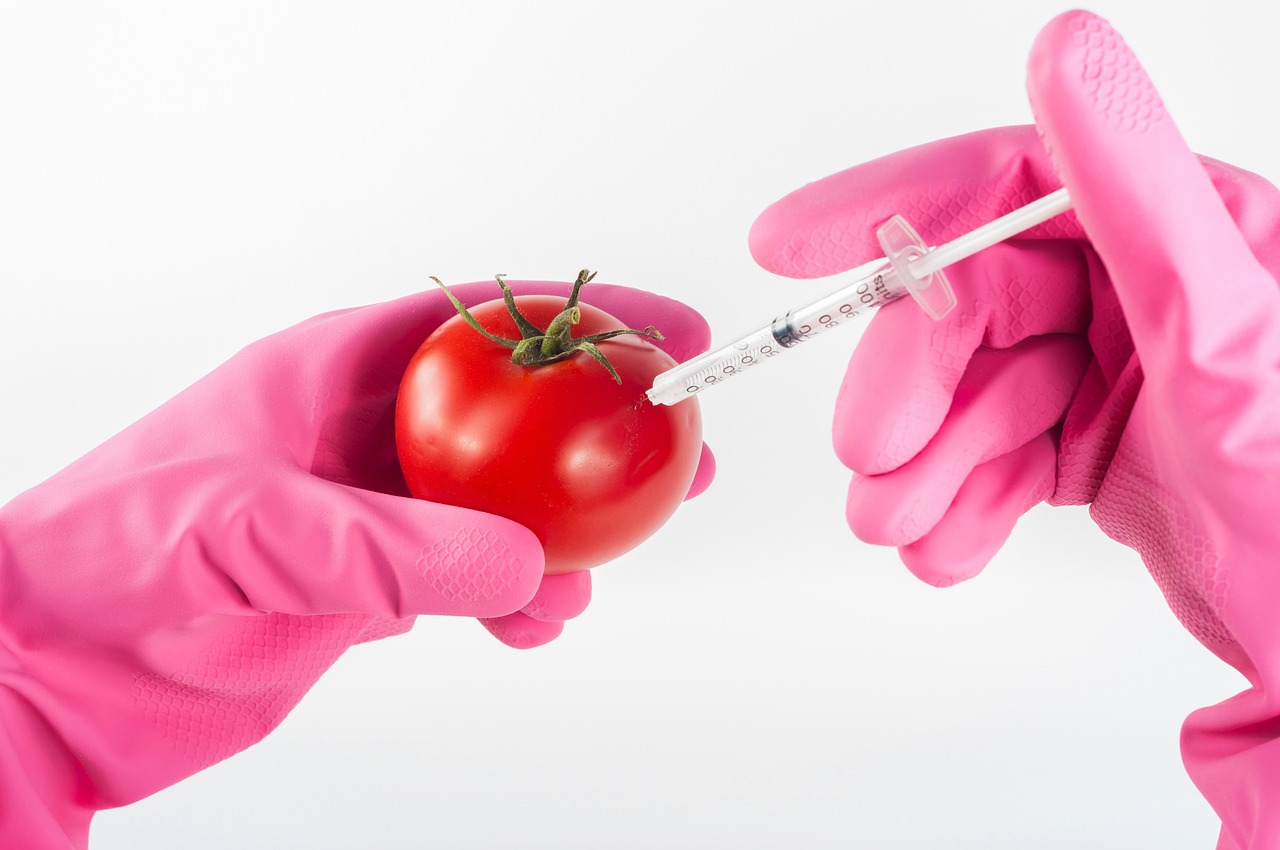Food technologists are professionals who work in the field of food science and technology, applying scientific principles to the production, processing, and distribution of food products. Their role involves a combination of scientific knowledge, engineering skills, and creativity to ensure the quality, safety, and nutritional value of food products. Here’s more information about food technologists:
Duties and Responsibilities:
- Product Development: Food technologists are involved in creating new food products or improving existing ones. They work on aspects such as taste, texture, appearance, and nutritional content.
- Quality Assurance: They play a crucial role in ensuring the quality and safety of food products. This involves conducting tests, inspections, and audits throughout the production process.
- Research and Innovation: Food technologists stay updated on the latest developments in food science and technology. They engage in research to identify new ingredients, technologies, and processes that can enhance food production.
- Regulatory Compliance: Food technologists need to understand and adhere to food safety regulations and standards. They ensure that products meet local and international regulatory requirements.
- Sensory Evaluation: Assessing the sensory qualities of food products, such as taste, aroma, and texture, is an integral part of a food technologist’s job. This helps in refining and optimizing the product.
- Production Management: They work closely with production teams to implement efficient and effective processes for food manufacturing. This includes troubleshooting and problem-solving during production.
- Supply Chain Management: Food technologists may be involved in managing the entire supply chain, from sourcing raw materials to the distribution of finished products.
Education and Skills:
- Education: Typically, a bachelor’s degree in food science, food technology, or a related field is required. Some positions may require a master’s or doctoral degree for research or managerial roles.
- Analytical Skills: Food technologists need strong analytical skills to assess the nutritional content of food, analyze production processes, and interpret data.
- Communication Skills: Effective communication is essential for collaborating with cross-functional teams, presenting findings, and explaining complex technical information to non-experts.
- Attention to Detail: Given the importance of quality control in food production, food technologists must pay meticulous attention to detail to ensure products meet standards.
- Problem-Solving: The ability to troubleshoot and find solutions to production challenges or quality issues is crucial in this field.
Career Opportunities:
- Food Industry: Food technologists can work in various sectors of the food industry, including processing, manufacturing, and quality control.
- Research and Development: Opportunities exist in research institutions and laboratories, where technologists contribute to advancements in food science.
- Government Agencies: Some food technologists work for government agencies responsible for setting and enforcing food safety regulations.
- Consultancy: Experienced food technologists may work as consultants, offering expertise to food companies or government bodies.
A food technologist’s work is vital to ensuring the safety and quality of the food we consume, making their role essential in the broader food industry.


